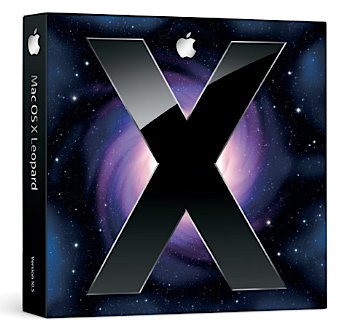
Something terrible is happening to Amazon.com right now: it is not working!
I don’t know about you but I personally find this frightening. In our era of online services, I don’t expect website like Google, Apple and Amazon to stop working. Given that Amazon.com is not a single server but rather a massive cluster, the problem must be really serious. I can imagine hundreds of Amazon engineers maddeningly working on restoring the website to its pristine condition.
For some extremely obscure reason, https://www.amazon.com/ is working.
Jeff Bezos must be mad right now ;-)


